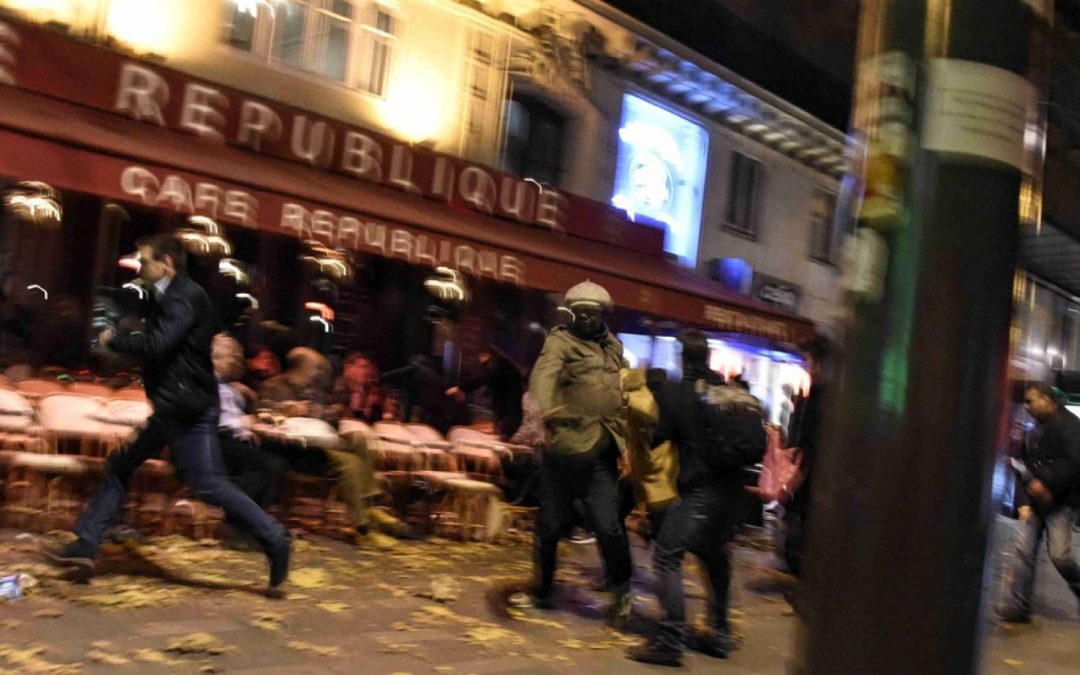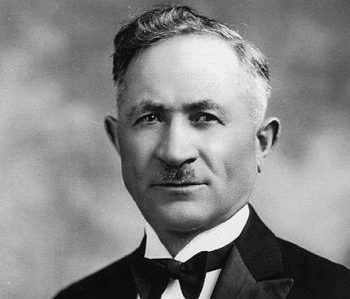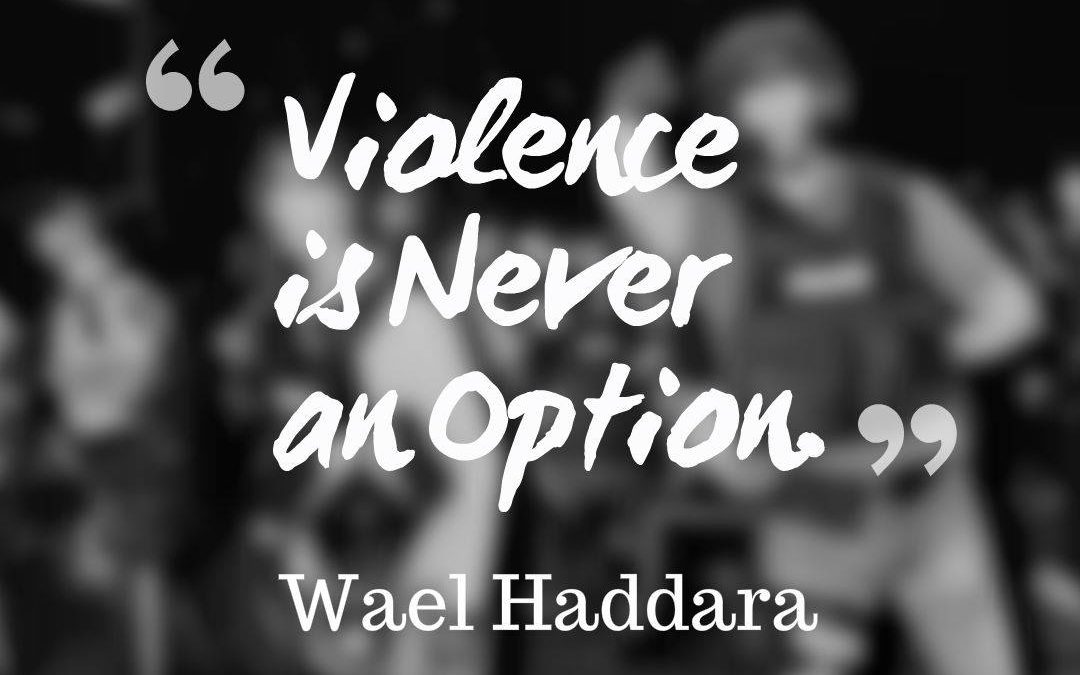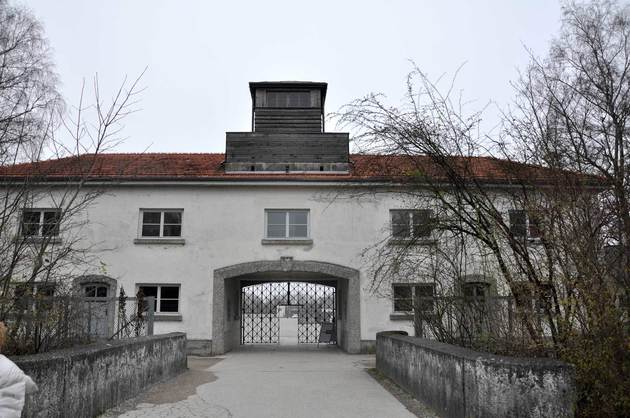The Empire, as it turns out, is a big deal. It is the only building in North Bay designated as a Priority One Heritage building and Princess (now Queen) Elizabeth and Prince Phillip stayed there during their tour of Canada in 1951. The Nugget story went on to describe the treatment of Italian Canadians during the Second World War and the fact that when suspicion fell on Italian Canadians at large, Leo Mascioli’s achievements counted for nothing. I was intrigued by the story, but even more intrigued when my friend sent me this link with a cryptic, “you may relate to this…”
Leo Mascioli left Italy at the age of 18, coming first to Boston, then to Canada. He worked on Marconi’s telegraph machine (to which I feel I have a connection because the first signal was sent from Signal Hill in St. John’s, Newfoundland) and then went back to Italy to marry his childhood sweetheart.
He eventually came back to Canada in 1906 and worked hard. Very hard. He was able to start his own construction company and went about building things…in North Bay, Sudbury and Timmins. In addition to the Empire, he built movie theaters — and the first movies in the north were shown in his theaters.
His story resonated. Since moving to London, Ontario, I’d heard variations of this story multiple times from people with Syrian and Lebanese ancestry. Muslims of Syrian and Lebanese heritage first came to the London area in the late 1800s and worked hard to build a community. Many were very successful, becoming business owners, councilmen and well-regarded community builders.
But then the story diverges.
On June 10, 1940, shortly after the declaration of war by Italy against the United Kingdom, police moved across Canada and seized/arrested Italian-Canadians. And so it was that Leo Mascioli (and 500 other local Italian-Canadians) were seized in Timmins. Leo Mascioli was 64 and he had settled, lived in and contributed to Canada for 34 years before he was interned at Petawawa, along with thousands of others.
The reaction back home was muted. Italian-Canadians in Timmins gathered to declare their loyalty to the Empire. And while the serving mayor of Timmins attended the gathering, the former mayor wrote a piece for the local paper claiming that Mascioli was a communist. History not being without a sense of irony, another article urging the internment of Italian-Canadians was published in the local paper — on the same page as the movie listings for Leo Mascioli’s movie theaters.
We hear a lot about the internment of Japanese-Canadians, but the internment of the Italian community is less well known. Mascioli’s story has been the subject of some study. His granddaughter recreated some of the events around his internment from his old documents — and it’s a poignant read. Mascioli also features prominently in the work of a researcher documenting the history of film exhibition in Northern Ontario.
Mascioli was eventually released after eight months in internment camps. He never returned to Northern Ontario and was left with the sense that his life’s work — the years spent helping people and building communities — was all interned with him.
My foray into this chapter of our recent history started with the Nugget story that Leo Mascioli was honoured with a plaque. Left unsaid in that story was that the commemoration took place 76 years after Leo Mascioli was interned for no other reason than being an Italian.
The Italian community in Canada has made great strides since then, but the toll exacted on individuals had a real impact. A plaque is a modest testament for the injustice that Leo Mascioli and others endured. A better testament would be to honour their memory by not reliving the xenophobia and fear to which they fell victim.
Good resources on Italian-Canadian history:
Panorama Italia: Teaching the Forgotten History of Italian-Canadian Internment Camps.
Italian Canadians as Enemy Aliens: Memories of World War II.
Jessica Whitehead’s site on the history of movies in Northern Ontario and Mascioli’s contributions
Good article on Leo Mascioli’s contributions to culture in Northern Ontario on Sudbury.com
Paula Mascioli on her grandfather, Leo Mascioli — from the Mission of Timmins Voices.
Dr. Wael Haddara is an Associate Professor of Medicine at Western University in London, Ontario. He is a husband, a father, a pharmacist, a physician, a lecturer, a bibliophile, a community activist, a Canadian political analyst and a thought-leader on the Middle East.
Photo: www.italiancanadianww2.ca








